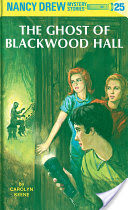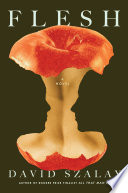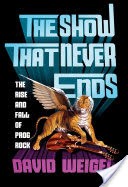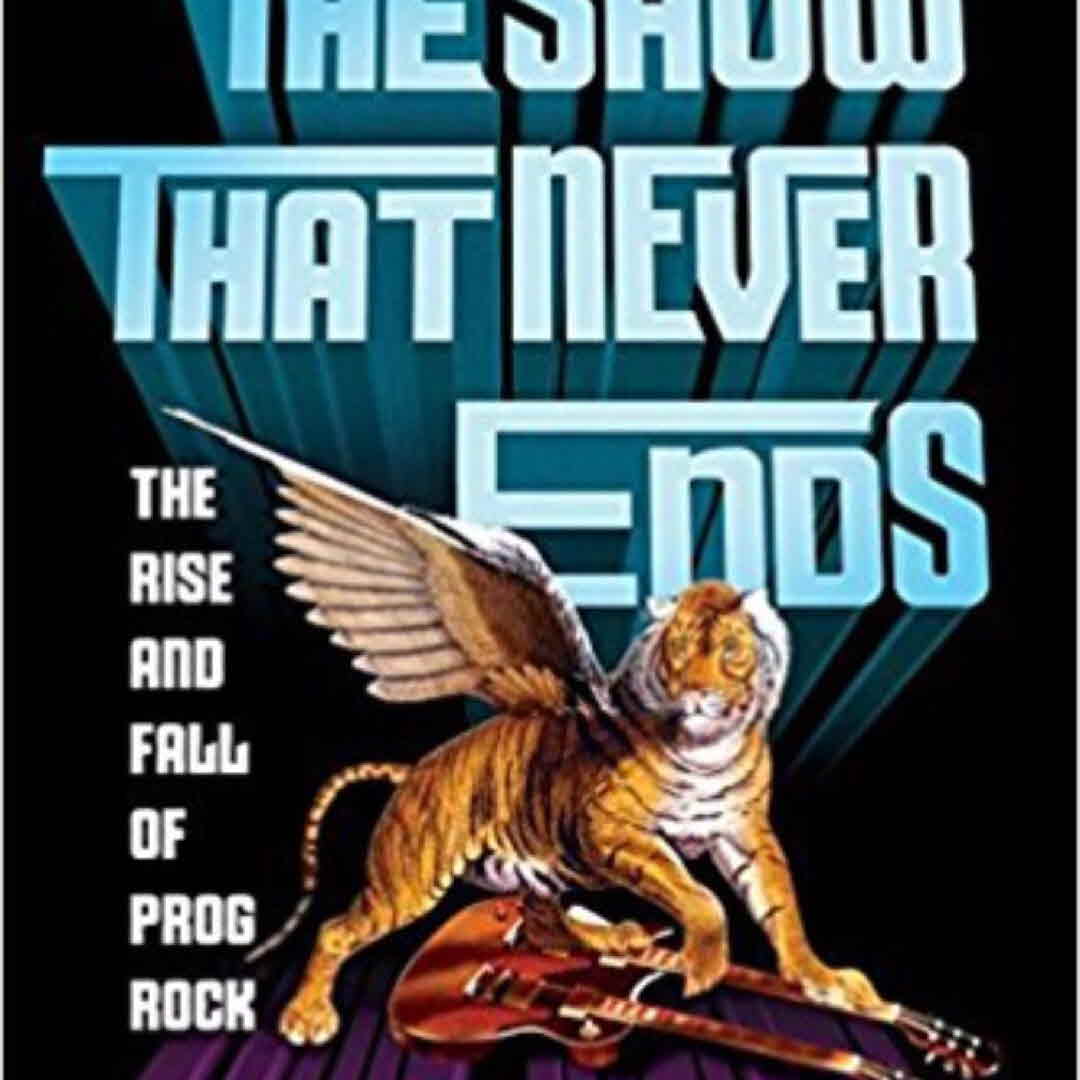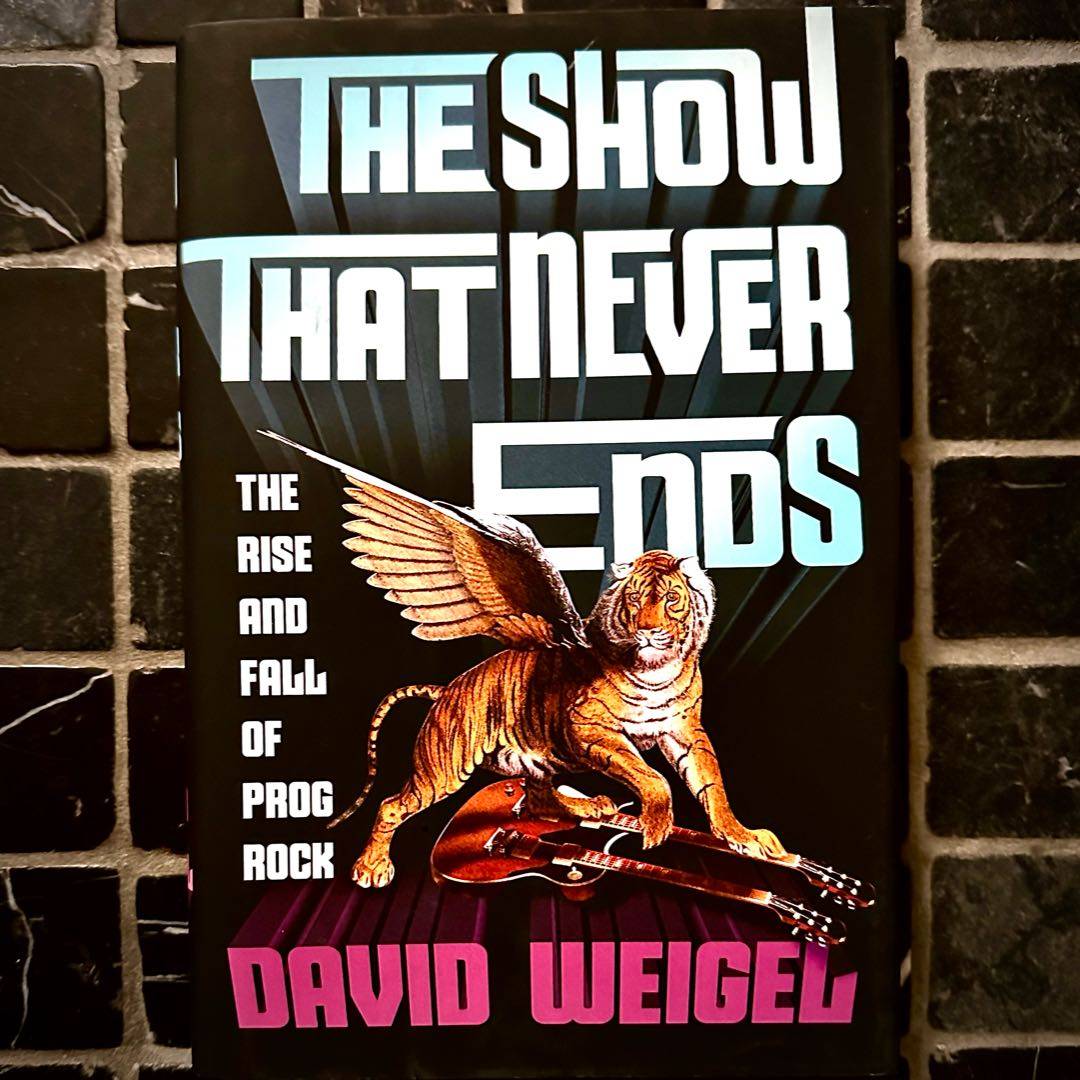
Prog-rock‘s light blazed for a few years in the 70s. Ironic that its death knell tolled when the faux-anarchism & primitivism of 3-chord punk rockers like the Sex Pistols situated themselves as a push back against the (sad but sometimes true) accusation that prog was self-indulgent keyboard noodling for male dweebs. The final nail in the coffin was Spinal Tap‘s bass player getting stuck in his plastic pod. Prog‘s story is eminently readable fun!
Bookwomble I love a bit of prog! Yes, naturally, also Soft Machine and Kevin Ayers. Two literary prog masterpieces are Bo Hansson's "Music Inspired by The Lord of the Rings", and Jeff Wayne's "The War of the Worlds" (I guess I should also throw in Alan Parsons "Poe" album). Who're your prog recommendations? 1y
The_Book_Ninja @Bookwomble well, I have to be honest, before this book all I knew was Genesis, King Crimson, Gentle Giant and Van De Graaff Generator. This book educated me on the bands and what their members did after the mighty prog rock beast was slain by a giant safety pin on the muddy swamps of McLarenshire. I personally prefer when prog rock met jazz with Zappa and the mighty George Duke. Also check out a 70s French band called Cortex…wild Mooginess 1y
Bookwomble @The_Book_Ninja Thanks, JT, I'll check at least some of these out (not overcommitting myself, I see! 😅) 1y
28 likes3 comments







